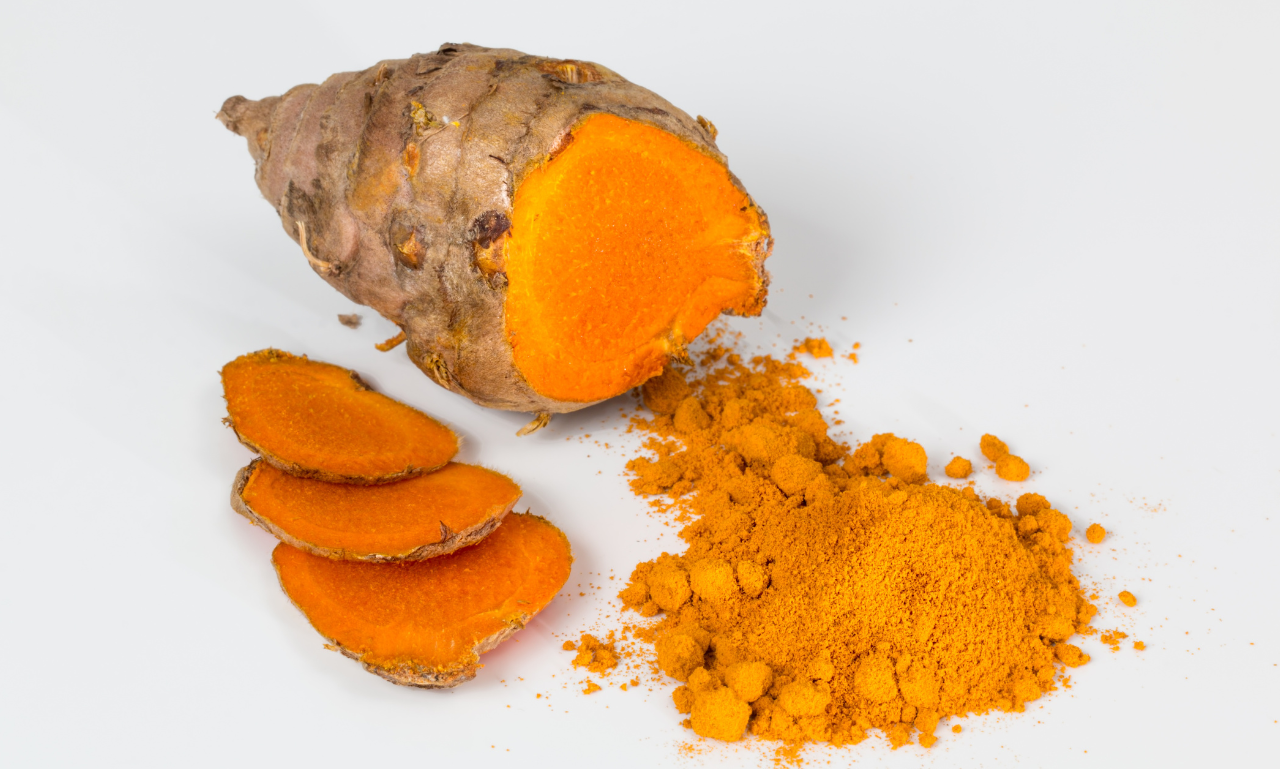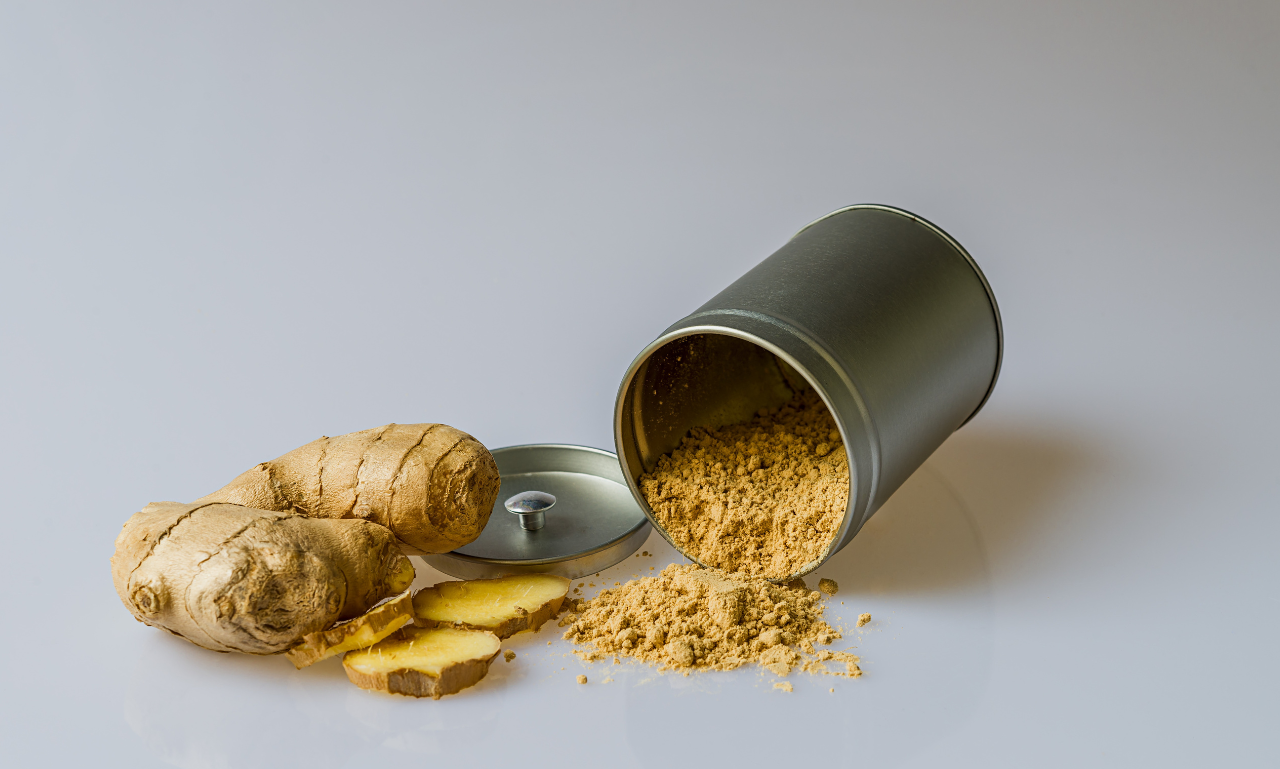Spices and herbs: uses and benefits
Spices and herbs: uses and benefits
Herbs and spices are essential in marinating overall health, and people take herbs and spices in food globally. There are different types of spices, and each has its taste and essence, and these are the main ingredients of any dish. One can make the dish delicious or can also break a dish with spices.
Cumin, black pepper, turmeric, and coriander seeds are spices we use daily in our cooking. Ancient traders from remote parts of the world saw India as a haven for exotic spices. Several of these traders returned home with their share, and a few settled down here and brought in spices from home. Indian culture places a great deal of importance on spices.
Traditional Indian food is one of the healthiest meals on earth because it is made with a bouquet of spices with several health benefits. There are some notable health benefits associated with spices, as well as their nutritional value.
The Blood Sugar-Lowering Power of Cinnamon
Cinnamon bark is the source of this popular spice used for everything from pumpkin lattes to Cincinnati chilli. Diabetes sufferers especially benefit from cinnamon. Researchers have found that it helps lower blood sugar levels in people with type 2 diabetes since it adds sweetness without adding sugar.
Additionally, cinnamon lessens high triglyceride and blood cholesterol levels, making it beneficial for our hearts. Those at higher risk for heart disease with diabetes need to pay special attention to this.
Although cinnamon does not replace diabetes medications or carbohydrate-controlled diets, it can help maintain a healthy lifestyle.
Inflammation-fighting properties of turmeric
Indian curry dishes made with turmeric are the most popular way to enjoy spice. It has become a trendy superfood because it reduces inflammation, which can cause pain and illness.
It contains a substance called curcumin, which has anti-inflammatory properties. Some studies suggest it may reduce inflammation in the brain, cited as a cause of Alzheimer's and depression.
Relieve Nausea with Ginger
Since ancient times, the tropical plant ginger has been used to treat stomach upset, diarrhoea, and nausea in Asian cultures. Lollipops, candies, capsules, and teas are some of the convenient forms of this supplement in the United States. The spice can also be purchased in the spice aisle or fresh for making teas or grated into recipes.
Adding ginger to your diet may lower your risk of developing type 2 diabetes. Ginger powder taken for 12 weeks decreased triglycerides, improved insulin sensitivity, and reduced total cholesterol compared with controls.
Some related articles:







Comments
Post a Comment